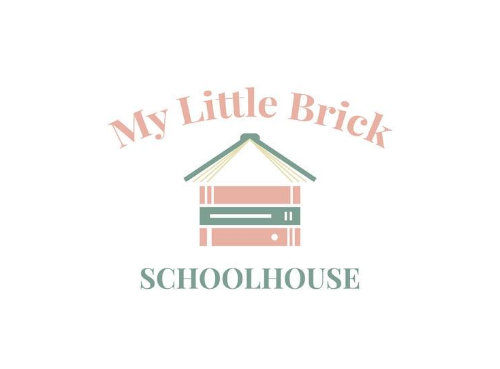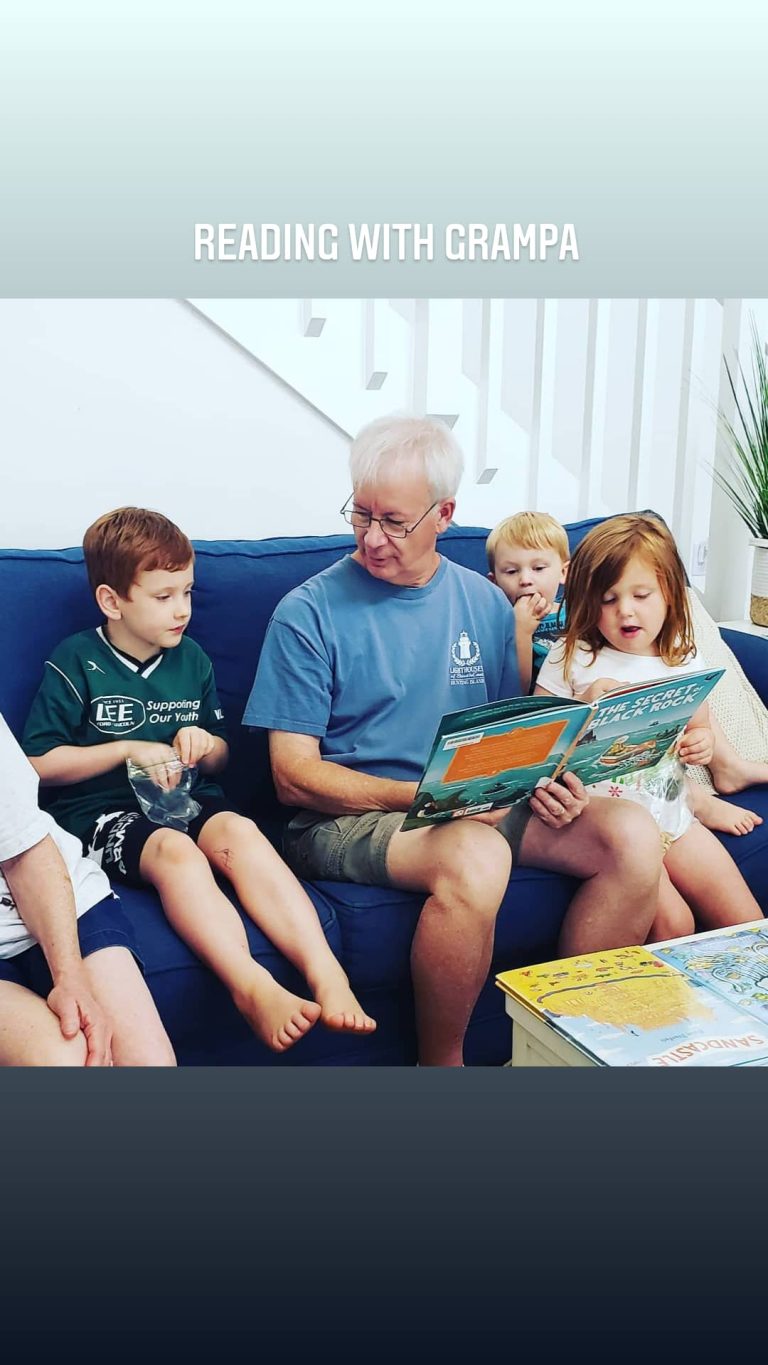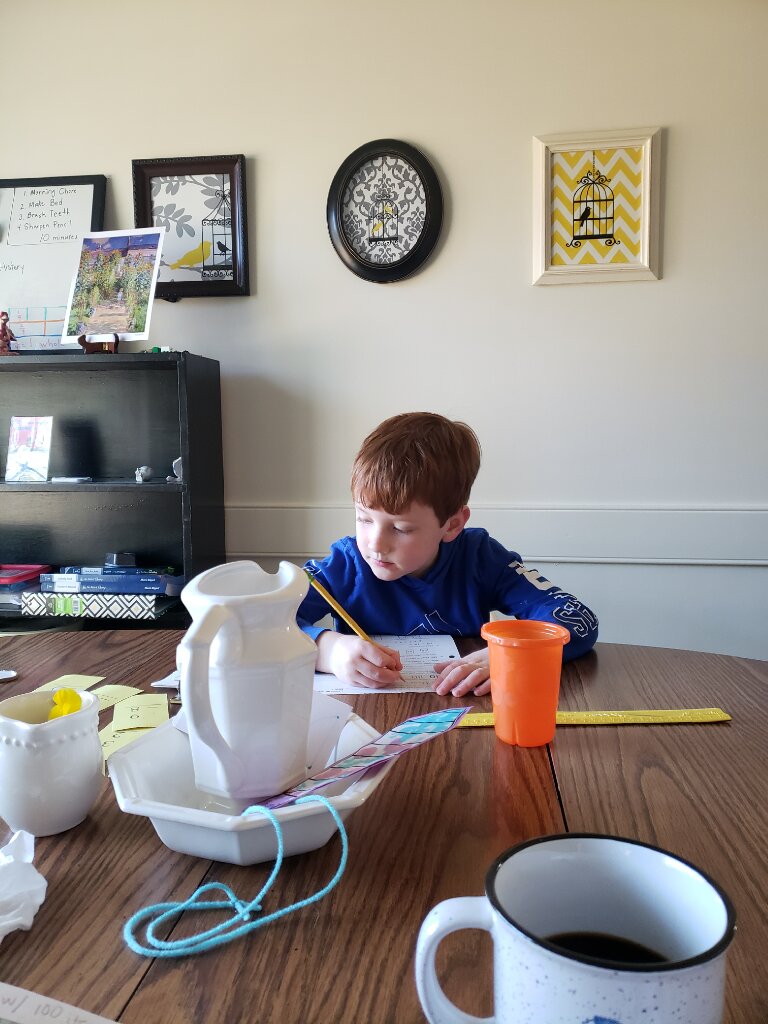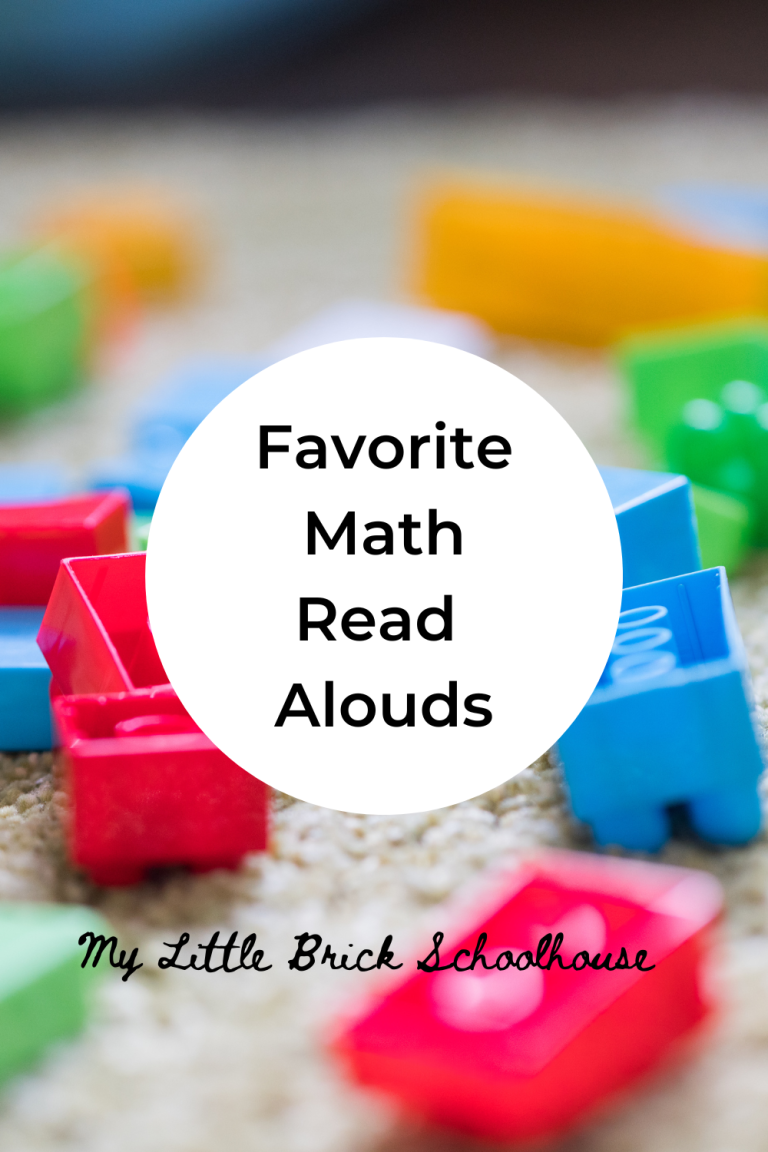5 Things You May Not Know About Charlotte Mason
Disclosure: As an Amazon associate, I may earn from the purchase of qualifying purchases, at no additional cost to you. Thank you for your support!
If you homeschool, you have probably heard of the name “Charlotte Mason”. Prior to homeschooling my oldest, I was researching educational philosophies. Five years ago, if you had asked me about Charlotte Mason, I would have said that she is a contemporary, 21st century education guru who loves being out in nature. Nothing could be further from the truth. Clearly, I had some reading to catch up on!

Charlotte Marie Shaw Mason was born January 1, 1842. She was a pioneer in education for her time.
Miss Mason had been home educated, was an only child, and never married. After losing both of her parents at age sixteen, she enrolled in the Home and Colonial Society for the training of teachers and earned a First Class Certificate (Simply Charlotte Mason). She became a teacher and incorporated into her philosophy of education that children, no matter social class, should be offered a wide, generous, and liberal education.
Now, Charlotte Mason’s name resounds throughout the halls of many a homeschool.
Going against the mainstream thought of her time, Charlotte Mason believed education should involve the whole child – the academic, emotional, and spiritual – not just the mind.
I am learning a lot about Charlotte Mason’s principles and life as I apply her methods. I do not want to just execute the methods; I want to know the reason behind the application.
Over the course of my time learning, I am compelled to share a few things you may not know about this British educator.

1. Miss Mason and the principles she ‘discovered’ do not belong to one era.
Charlotte Mason made assumptions about her readers and her culture that do not apply to twenty-first-century Americans or Canadians. How many of us are intimately familiar with the writings of H.G. Wells, or would be able to understand any reference made about a minor character in Charles Dickens’ Bleak House? I am ignorant about these things myself (although I own a couple of H.G. Wells’ works). It’s when I start to read and listen to the ideas and references Charlotte Mason communicates to her own culture and time that I realize just how very little I know, period.
I first need to understand the mere references Charlotte Mason makes about her own time and people before I can begin to understand her principles that agree with the classical thinkers…right?
Wrong.
Miss Mason read a lot. Furthermore, she read a lot of the classical and modern thinkers and philosophers, from Plato to Locke to Ruskin. In Karen Glass’s work Consider This we learn that “her books contain references to such thinkers as Plato, Plutarch, Erasmus, Comenius, Milton, Montaigne, Rousseau, Spenser, Locke, Herbart, Pestalozzi, Arnold, Ruskin, James, and dozens more by name…” (2014, p. 8). Maybe I recognize half of the names on that list. Glass again writes in her In Vital Harmony that Miss Mason’s audience was comprised of “wordy Victorians and their successors – the Edwardians,” (2019, p. 1).
Back up, I need another history lesson. Who were the Edwardians?
Here’s the good news, for me:
While knowing who the Edwardians were is surely relevant to Charlotte Mason’s use of certain analogies and references, I do not think that knowing them any consequence for the utility of her principles. I say “her” principles, but she discovered them from people who lived long before she did. “She herself said that she and her colleagues had ‘discovered’ them, because they represent universal truths about education that have their roots in the classical world,” (Glass, 2014, p. 9). Her principles are transcendent of time. Her principles are as useful to us as they were to Charlotte Mason and to the people who lived during Plato’s time.
Principles do not change. The way we talk about the principles might change a bit from generation to generation. Therefore, “the essential principles of education are exactly as they have always been, but they remain living and do not become stale when they are turned around and examined afresh in light of current thought,” (Glass, 2019, p. 2). Cultural context may alter what we emphasize about a principle, but that does not negate the fact that it is still a principle, which by nature, is constant.

2. Miss Mason didn’t write her well-known books until she was in her forties. She cofounded the Parents’ Educational Union at age forty-five.
I think that people might assume Charlotte Mason had her writing career well underway by the time she was in her early thirties, but this was not so. Between ages thirty-eight and fifty, Miss Mason wrote a popular series called the Ambleside Geography Books (Wikipedia.org). This series would begin her ample literary contribution to education. What did she do before age thirty-eight? After earning her teaching certificate, Miss Mason taught at the Davison School in Worthing, England for over ten years.
Soon after, she was invited to lecture and teach at Bishop Otter Teacher Training College in Chichester, England, where she stayed for more than five years (Simply Charlotte Mason). From her experience there, Charlotte developed a series of lectures aimed at helping parents understand basic principles about bringing up children. These lectures were later published as Home Education and were widely received. Charlotte cofounded the Parents’ Educational Union (PEU) in 1887 in Yorkshire (Wikipedia.org). This organization would provide resources and support to educators and homeschool parents in the United Kingdom. The periodical created for keeping up with PEU members was entitled “Parents’ Review”.
3. Miss Mason was an upstanding member of the Anglican church but was not a proponent of Sunday schools.
Why does it seem that Charlotte Mason sometimes gets overlooked in Christian circles? She was Anglican and believed that much of the discipleship of children is the responsibility of the parents. She therefore did not spend a lot of time discussing education in the local church. She was not a big proponent of Sunday schools because they took away the parent’s duty and placed it into the hands of another source.
Charlotte Mason said this about Sunday school in her Parents and Children (1904/1989):
…that is, the Sunday School is, at present, a necessary evil, an acknowledgment that there are parents so hard pressed that they are unable for their first duty. Here we have the theory of the Sunday School––the parents who can, teach their children at home on Sunday, and substitutes step in to act for those who can not.
(Taken from Parents and Children, pp. 92-93, qtd. in Charlotte Mason Poetry)
Miss Mason was, however, a proponent of the unity of knowledge as it relates to all truth being God’s. There was no dichotomy between the secular and the sacred. Her belief that all knowledge is connected because it springs from a single source, the source being God, is referred to as the “Great Recognition”. (Glass, 2019, p. 32).

4. Miss Mason was trying to dispel commonly held beliefs of her time regarding children.
In Charlotte’s time, evolution was a new theory. In effect this science impacted the way people thought about children. “First, it was widely disseminated that at birth children were less than persons – akin to oysters – and not yet capable of thoughts and feelings that belong to a person,” (Glass, 2014, p. 13). The evolutionary thought perceived a baby to not be a fully developed human. Sad, isn’t it?

Charlotte Mason did not agree that children were less evolved or without mental capacity. Therefore her principle, “Children are born persons” is so consequential for her time. In addition, her time was rife with the idea that a person was either born good or born bad, and that education could not change his or her nature. Charlotte rejected this idea, too. If a child was born “bad” and you cannot do a thing about it, not matter what, then what good will an education do? “You might very well leave him alone to reap the consequences as they come, and the sooner he is out of the way the better,” (Glass, 2014, p. 16). Taking Charlotte’s view that all possibilities are present with a child, laying down a foundation of good habits and principles can effect change in a child’s character. Helping the child to see faults in his character acknowledges the possibilities for change.
Wisdom and virtue are necessary, because we are all flawed, but have potential for good. (Charlotte Mason was not making a statement regarding man’s original sin or total depravity but was taking an opposite stance to Darwinism. She did believe in the doctrines of original sin and total depravity, but that is not the point she is alluding to when she describes children as “not born either good or bad”.)
I love this quote of Charlotte’s, which exudes her respect for children, made in God’s image, albeit fallen in their humanity:
We must reverence or despise children; and while we regard them as incomplete and undeveloped beings who will one day arrive at the completeness of man, rather than as weak and ignorant persons, whose ignorance we must inform and whose weakness we must support, but whose potentialities are as great as our own, we cannot do otherwise than despise children, however kindly and even tenderly we commit the offence.
Charlotte Mason
(taken from Philosophy of Education, p. 238, qtd. in Karen Glass-Author)
How should this reality impact us, as teachers of our children? We are given quite a task, to nurture and lay the foundation for virtue in these souls of our children, but we have the help of the Lord. Their souls are worth it. Souls are redeemed by Christ alone. Souls are nurtured and cared for by loving, Christian parents that God purposes to carry out His divine providence, the training up of a child. Common grace is a thing, too. The souls of children who are not yet saved are still able to experience common grace. My point is, Charlotte Mason recognized the need to educate all children’s souls because she regarded them as persons, with possibilities for good and for evil. They are not ALL good, and they are not ALL evil, without hope of doing any good.
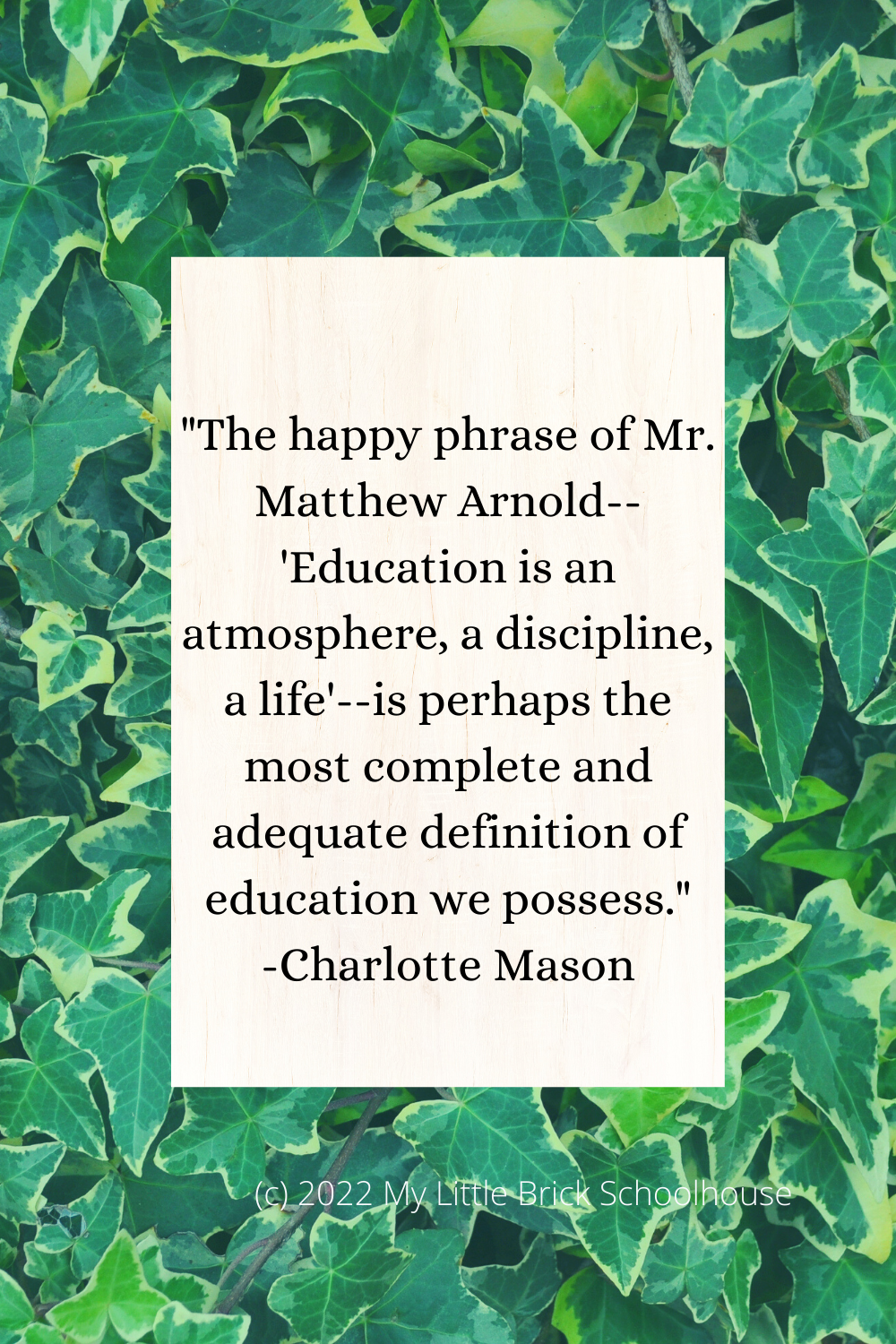
5. In addition to a geography series and her six volumes on education, Mason wrote and published a six-volume work called The Saviour of the World, a study in verse of the life and teaching of Jesus, between 1908 and 1914.
While Charlotte Mason wrote from an educator’s and not a theologian’s perspective, she did state that, “education is the handmaid of religion”. Charlotte writes:
There are good and evil tendencies in body and mind, heart and soul; and the hope set before us is that we can foster the good so as to attenuate the evil; that is, on condition that we put Education in her true place as the handmaid of Religion.
(taken from Philosophy of Education, p. 46, qtd. in Karen Glass-Author)
This quote is another interesting one, and I am not sure I completely agree that if we foster good the evil will be mitigated, but we can hope so! Trusting in God’s sovereign power through prayer is imperative here, but also realizing that God does use people (like Christian parents) to carry out his sovereign will be also key. All debate and speculation aside, I think it is remarkable that Charlotte Mason devoted six years of her life to studying the life and teaching of Jesus, writing down her meditations on the gospels in verse (poetry). How lovely. Did you know this work (all six volumes, plus an unpublished seventh) can be found online here? The published volumes are entitled: The Holy Infancy (V. 1), His Dominion (V. 2), The Kingdom of Heaven (V. 3), The Bread of Life (V. 4), The Great Controversy (V. 5), and the Training of the Disciples (V. 6) (Charlotte Mason Poetry). Now I would like to spend some time sitting with these poetic works!

In conclusion, it might be tempting to put Charlotte Mason in a box, but if you haven’t read about her life or her works, thought about her famous principles, and discussed many of her quotes, it would be easy to stereotype her and the people who practice her principles. I understand that not everyone who incorporates a Charlotte Mason education in the homeschool follows every one of her principles or has read one of her original works (guilty). I can attest that good works written by the author Karen Glass – In Vital Harmony (2019) and Consider This (2014) – were transformative for me. If you want to begin somewhere and need to know where to start, they are two books I can recommend. A Delectable Education podcast is also very informative regarding a more orthodox approach to implementing Charlotte Mason’s suggested scope and sequence in a full education (Grades 1 through 12). Have fun learning alongside me about this pioneer whose “conception of education transcends the prominent minds of her time and endures to inspire future generations of teachers and parents” (Glass, 2014, p. 7).
If you are like me, you are on a journey of self-education. Together, we can learn more about the life and work of Charlotte Mason. If you are interested in receiving quotes like the one above on a regular basis, you can get them delivered straight to your inbox. Subscribing to my email community takes ten seconds.
References
Charlotte Mason Poetry Team. (2022). The saviour of the world. Charlotte Mason Poetry. https://charlottemasonpoetry.org/charlotte-mason-poetry/
Glass, K. (2014, September 16). Why did she have to say that? Karen Glass-Author. http://www.karenglass.net/why-did-she-have-to-say-that/
Glass, K. (2014). Consider this: Charlotte Mason and the classical tradition. Karen Glass.
Glass, K. (2019). In vital harmony: Charlotte Mason and the natural laws of education. Karen Glass.
Kunzeman, A. (2018, September 11). The God of Living Ideas. Charlotte Mason Poetry. https://charlottemasonpoetry.org/the-god-of-living-ideas/
Simply Charlotte Mason. (2005-2022). Who was Charlotte Mason? Simply Charlotte Mason. https://simplycharlottemason.com/what-is-the-charlotte-mason-method/who-was-charlotte-mason/
Wikipedia.org. (2021). Charlotte Mason. Wikipedia.org. https://en.wikipedia.org/wiki/Charlotte_Mason
